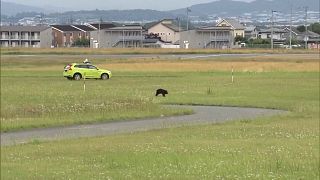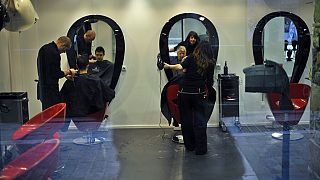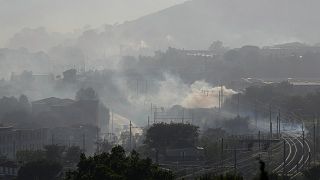Focus Africa
In Japan about three million women between the ages of 25 and 40 have opted out of the workforce due to many obstacles.
It is against this backdrop that the government has been keen on creating women-friendly working environments as part of its drive to promote their participation in the workforce.
The same findings have been found in most African countries where only about a third of women participate in economic activity. This was established at the third World Assembly for Women (WAW!) 2016 in Tokyo.
Nonetheless, this stereotyped vision of the role of women is increasingly being questioned. In Yokohama a farmer and auto entrepreneur cultivates about 200 varieties of organic vegetables on a farm that is less than a hectare, before selling.
At the confines of tradition and modernity, technology is becoming increasingly popular in Japans society. This is also the case in the African continent, where access to the Internet is a guarantee for women empowerment. This sentiment was noted by Instagram Chief Operations Officer Marne Levine. However, not all agree with this.
According to the African Development Bank, the number of women decision-makers in Africa is increasing. Across the continent, the proportion of women ministers has risen from 4 to 20 per cent in recent years. Yet among 94 participants in the World Assembly for Women, 64 are women, of whom only 4 are African.
We meet three ambassadors, who cast a shine on the challenges of gender inequality in Africa.
This year’s theme was “WAW! for Action” . Last year, the World Economic Forum ranked Japan 101st out of 145 countries on its Global Gender Gap Index




![The Japanese experience for Africans [Focus]](https://static.euronews.com/articles/358177/320x180_358177.jpg)
![[Focus] Japan-Africa : A new form of partnership](https://static.euronews.com/articles/353271/320x180_353271.jpg)






00:52
UN warns global progress on gender equality is at risk
01:51
Somalia celebrates the International Day for Women in Maritime
01:40
New IOC chief hails greater equality in Olympic movement
01:58
Namibia swears in first female president
05:00
Fatoumata Maiga: A woman leading Mali’s fight for peace
05:33
Celebrating the strength and resilience of African women in Paris